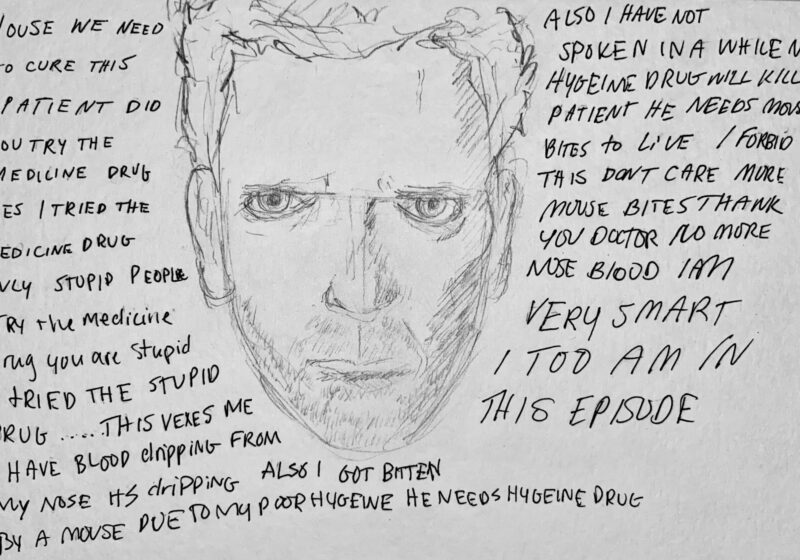Rick Moody, author of the award-winning book “Garden State” and “The Ice Storm,” adapted into a major motion picture, spoke to a crowd of about 40 people in Lander Auditorium Wednesday.
The author read four selections from several of his books, including the recent book, “Demonology.”
Saying that he had been drawing from lighthearted material too much, Moody first told the audience, “I scoured my oeuvre for things that weren’t funny. I came up short.”
Moody first told two more serious pieces, a reminiscence and a short story, and then two lighter pieces. Afterward, Moody opened the session for questions.
In the question and answer period, Moody talked about his opinions on his own books, saying that he tended not to like his own books, particularly his first – with perhaps “Purple America” being the exception. “I can barely stand to say it even exists,” Moody said.
Saying that each book had to be something new, he also said that each book he did not like encouraged him to try again.
“If I really liked it, I’d probably just sit and stare at it,” Moody said.
Moody also mentioned the process that went into turning “Ice Storm” into a movie in 1997. He also briefly mentioned the way that books have evolved to try and convey ideas that movies generally cannot.
“[It’s like] comparing poetry in translation, everyone knows it can’t be done, but it’s still a good movie,” Moody said.
Moody visited a creative writing class on Wednesday and talked to students about the writing process and getting started in writing.
Professor of English Joanna Scott, whose class Moody visited, enjoyed the chance to work with him.
“I’ve known of Rick’s works for many years,” Scott said. She called Moody a “generous writer” – generous with words, insights, and revelations.
Moody’s talk was the last speech in this year’s Plutzik reading series. This year was the 40th season for the series, which was started in memory of UR Professor of English Hyam Plutzik. A renowned poet, Plutzik died in 1962, and the series is still supported in large part by the Plutzik family.
“It’s very generous of the Plutziks [to do this],” senior and president of the Undergraduate English Council Charlotte Cline said.
Junior Morris Collins, who attended the talk on Wednesday, is also thankful for the ability to work with the often prestigious authors.
“It’s nice to get to talk to them up close,” Morris said.
Brown can be reached at cbrown@campustimes.org.




